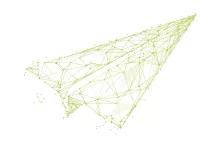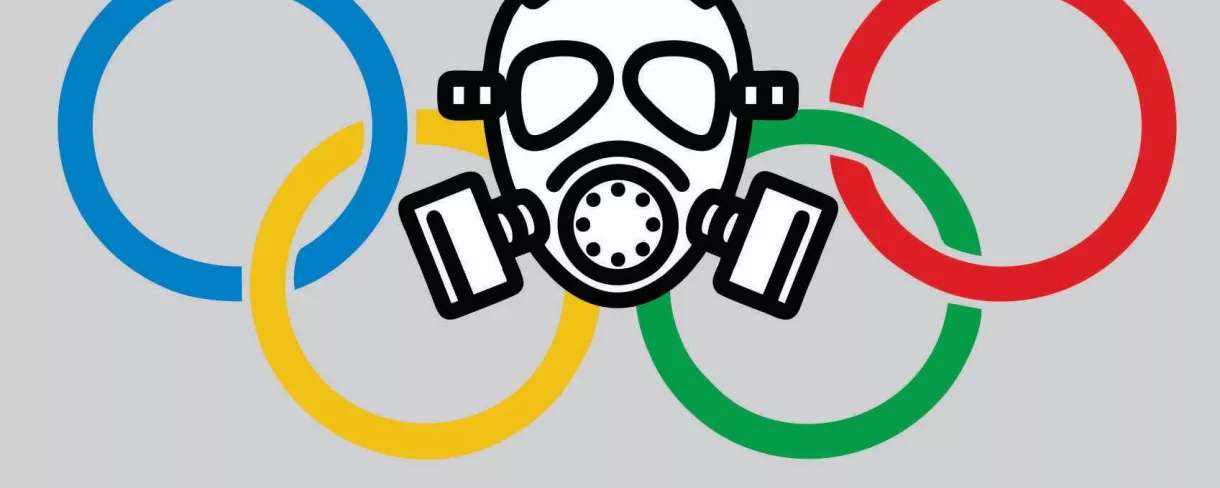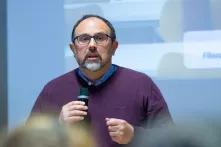The Heinrich Böll Foundation has been active in Bosnia-Herzegovina since 1999. As a German political foundation close in its orientation to Alliance 90 / The Greens, we advocate for fundamental values such as democracy, peace and non-violence.
Because we understand ethnic and cultural diversity as an integral part of a democratic culture, we attach great importance to the integration of Bosnia and Herzegovina into the European Union, and in this sense we are committed to strengthening the rule of law and citizens' democratic participation the socio-political community.
Strengthening civil society, equal participation of women in social and political life, addressing the recent past and supporting democratic political dialogue are some of our key program objectives.
For us, ecology, sustainable development, democracy and human rights are inextricably linked. Twenty years ago, environmental protection, energy, sustainable development and climate change were the subject of the work of some scientists and activists of green or environmental movements. Today, these issues have emerged from the framework of only "green demonstrators" in developed countries and, unfortunately, have become the biggest problem on national and world agendas, they have become deeply political and economic issues.
The reason for this is certainly inadequate treatment and reduction of these problems to a mere professional or just scientific level, far from the public and politics. And energy, climate change and environmental protection are not just a matter of profession or a personal relationship with nature, but a matter of awareness and responsibility both of the individual and the community. It is precisely because of these facts that we are trying to publicly discuss issues in Bosnia and Herzegovina due to inadequate attitude towards the environment, the consequences of climate change and energy resources.



















